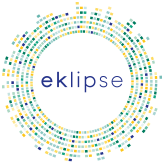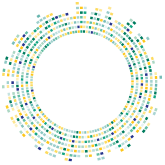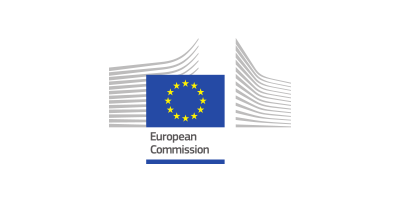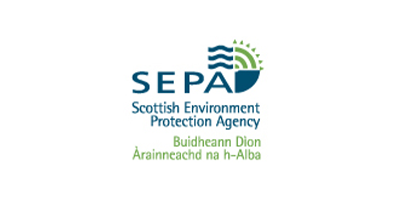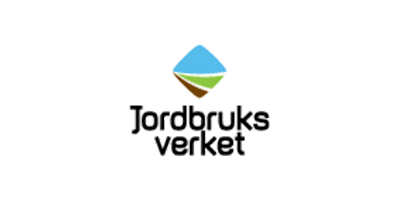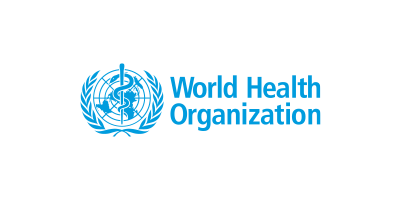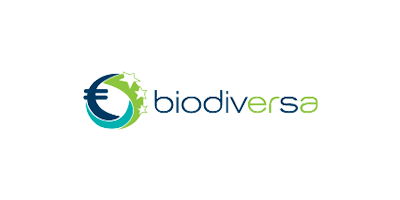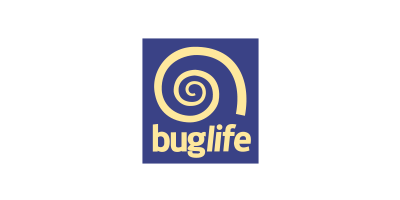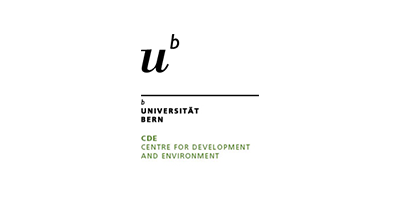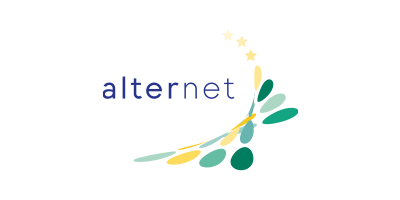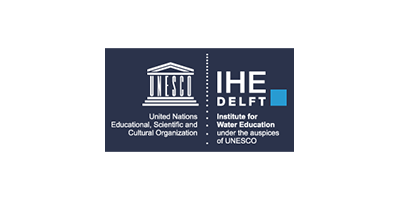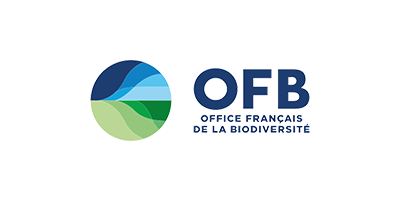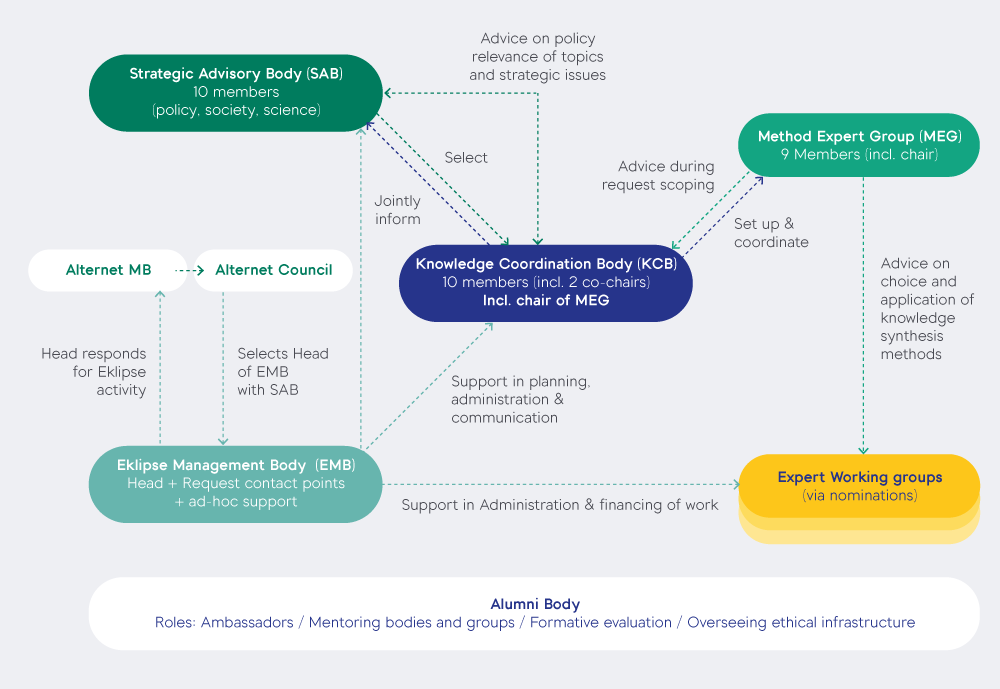Our vision is to ensure a sustainable future in which decisions affecting biodiversity and ecosystems services are based on trusted evidence, provided by experts following an ethical and transparent process.
Eklipse was created in 2016 to help governments, institutions, businesses, and NGOs make better-informed decisions when it comes to biodiversity and ecosystem services in Europe. Eklipse has already answered requests on a wide range of topics, by synthesizing the best available knowledge from both scientists and other knowledge holders.
Eklipse has a fourfold approach:
- Answering questions from decision-makers by synthesising the best available knowledge
- Facilitating evidence-based decisions through a transparent, proven, and robust request process
- Creating a European network of experts and knowledge holders recognised for their work
- Increasing citizen engagement in science-policy interface activities
Listen to our podcast episode on Anchor and learn “How Eklipse makes a difference”.
